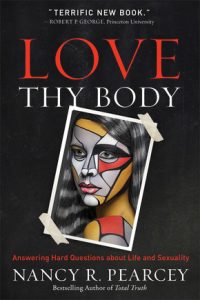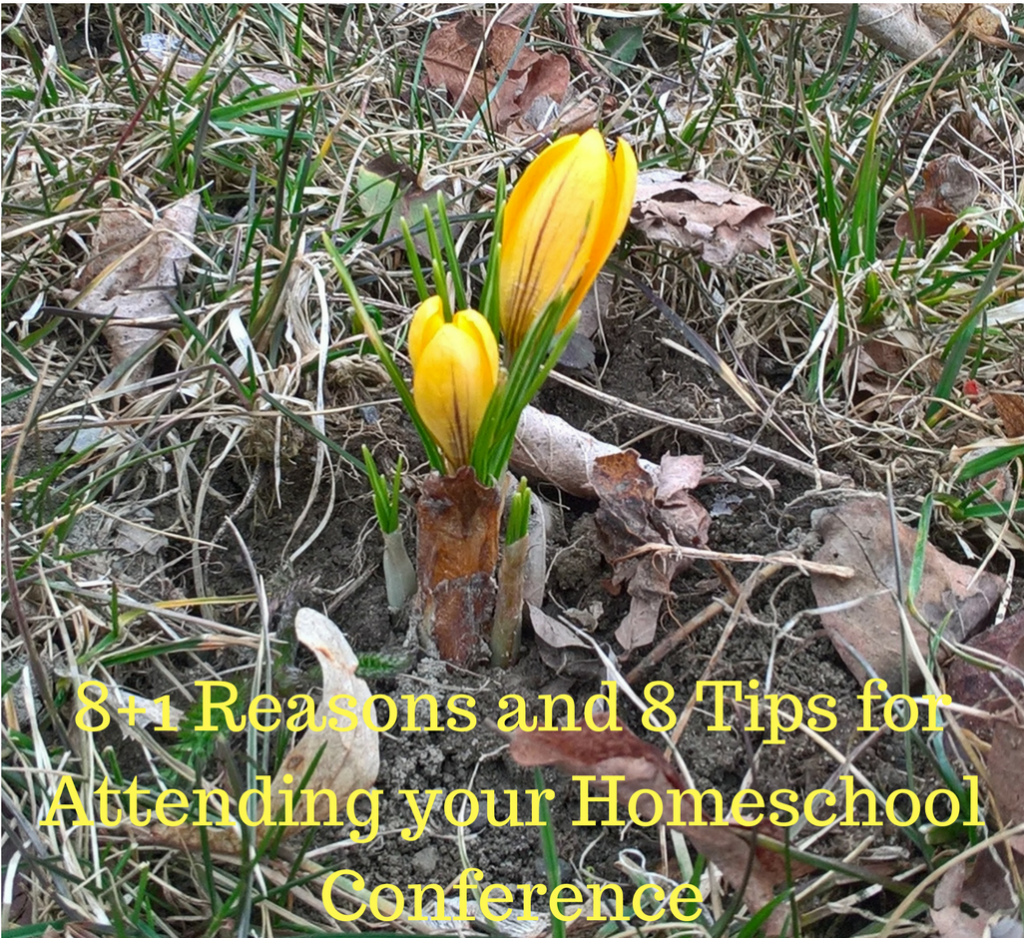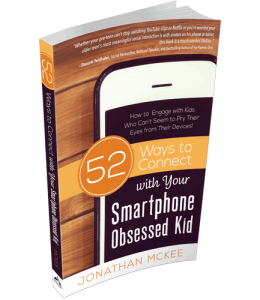As soon as Love Thy Body arrived, Miss 15 asked permission to read it and ran off with it. Who better to teach her than Nancy Pearcey?
But after a while she came back. “I don’t like it. You will, though.” And later, to someone else, she said, “It hits all the hot button topics, every single one of them, and it makes me so mad!”
It makes me mad, too. How we humans have messed up the world and destroyed so many lives by our stubborn refusal to follow God’s ways! How Satan has twisted truth and now enjoys the suffering of so many! But Jesus has come to destroy the devil’s work and that’s good news, the best news in the world.
Nancy Pearcey helps us understand how to share this good news in our society, how to reach out to those whose lives and identities are fractured due to inaccurate ideas of how the world works.
As she puts it, this is a rescue mission, not a culture war:
As we work through controversial moral issues, it is crucial to bear in mind the main goal. It is not first of all to persuade people to change their behavior. It is to tear down barriers to becoming Christian. No matter who we are addressing, or what moral issue the person is struggling with, their first need is to hear the gospel and experience the love of God. The most important question of their life is whether they will have a relationship with the living God that lasts into eternity….
The main reason to address moral issues is that they have become a barrier to even hearing the message of salvation. People are inundated with rhetoric telling them that the Bible is hateful and hurtful, narrow and negative. While it’s crucial to be clear about the biblical teaching on sin, the context must be an overall positive message: that Christianity alone gives the basis for a high view of the value and meaning of the body as a good gift from God. In our communication with people struggling with moral issues, we need to reach out with a life-giving, life-affirming message. We should work to draw people in by the beauty of the biblical vision of life. P 260, 261
With this mindset, Pearcey analyses the ideas fuelling abortion, euthanasia, the hook up culture, homosexuality, the transgender movement, and the failure of social contract theory. It all comes down, she says, to a profound devaluation of the body, driven by personhood theory. Rather than accepting that God made the body and that it, therefore, is good and meaningful, personhood theory in its many guises suggests that people are not their bodies, being human is not enough to be considered a person, and that, basically, we are fragmented beings whose physicality is at best meaningless and at worst something to objectify, subdue, and overcome.
With compassion and clarity, Pearcey explains how this idea recurs throughout society and demonstrates the havoc it causes in individual lives. She notes that the prevailing paradigm has no way of integrating people’s fractured selves, their minds and their bodies, so that they can become whole again. Only Christianity can do that. Throughout her book she gives practical suggestions for reaching out with that good news.
Pearcey also quotes secular philosophers who point out that without a Creator there is no basis for any human rights. People with power get to make decisions about and for others, decisions that could even mean death for those whose life is ‘not worth living’ according to those with more power. This is considered progress, survival of the fittest.
This idea of a split between the actual reality of who people are (their ‘personhood’) and their bodies has a long, deep background, reaching back at least to Plato and, via his thought, permeating various aspects of Christianity. Following Descartes who said, “I think therefore I am,” this concept has become one of our day’s powerful philosophies, legitimized by Darwin’s theory of evolution.
Even though the ideas discussed in this book are complex, Love Thy Body is not a terribly difficult read. Pearcey fills it with stories, research results, and careful explanations. She has taught the material many times to various audiences and has obviously incorporated their feedback into her thought.
Even so, I am planning to read Love Thy Body again soon and perhaps study it with others. The study guide in the book looks both thorough and helpful. (If you are local, please let me know if you are interested in studying it this summer.)
I highly recommend Love Thy Body for homeschooling parents and older youth. Furthermore, it is indispensable for anyone interested in spreading the good news of the gospel, understanding our society, or generating change. As such it should be in every homeschool and church library and ideally it would also be in all public libraries.
—
For more information about the duality between body and mind and how it is a reflection of similar dualities throughout Western thought, see Pearcey’s earlier book Total Truth (see my review, our Total Truth summer study).
For those who suggest that these evolution-validated ideas are necessary because ‘evolution is a scientific fact’, there is an alternative view that fits the scientific data much better, the idea that the universe was designed and created, recently. For more information see my review of No Christian Silence on Science as well as Answers in Genesis and Creation Ministries International.
—
If you enjoyed this article, you might want to follow me on Google+, where I often mention helpful or interesting ideas, friend me on Facebook where I am just a newbie, or connect with me on GoodReads where I share what I read.
Disclosure: This book has been provided courtesy of Baker Publishing Group and Graf-Martin Communications, Inc. and is available at your favorite bookseller.
This article may be linked to Saturday Reviews, Booknificent Thursdays, 52 Books in 52 Weeks Challenge, Literacy Musings Monday, and The Book Nook as well as to Inspire Me Monday, Raising Homemakers, Friendship Friday, Make My Saturday Sweet.




